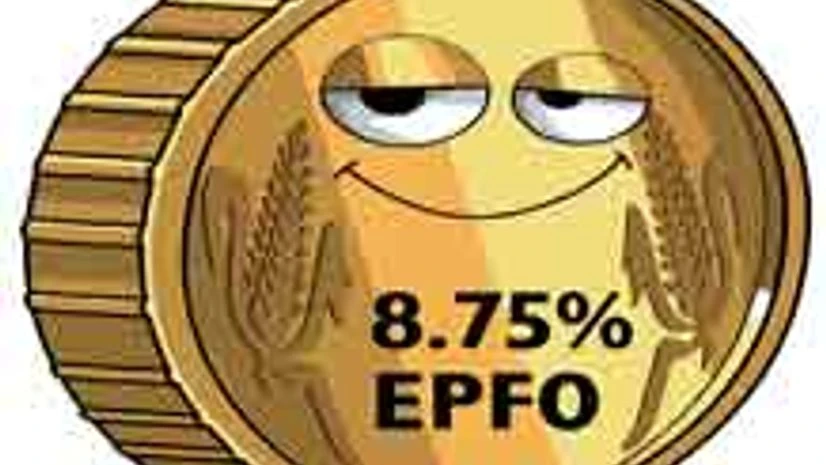The Employees’ Provident Fund Organisation (EPFO)’s first brush with investment in equity instruments may turn out uninspiring for its future risks with the stock markets.
The central board of trustees, (CBT), chaired by Union Minister of State for Labour Bandaru Dattatreya, reviewed the first tranche of EPFO’s investment in exchange-traded funds. (An ETF, or exchange traded fund, is a marketable security that tracks an index, a commodity, bonds, or a basket of assets like an index fund. Unlike mutual funds, an ETF trades like a common stock on a stock exchange. ETFs experience price changes throughout the day as they are bought and sold.) After the trustees raised concerns over lower-than-expected returns, the board directed the EPFO to have a re-look at its investment pattern. The EPFO will soon convene a meeting of its finance, investment and audit committee and take up the matter.
Although the EPFO has worked out the rate of return to be paid for 2015-16 to its subscribers, this was not a part of the agenda of the CBT meeting, as the Union finance ministry has not given an in-principle approval to the interest rates proposed by the retirement body, government sources say.
The EPFO had invested Rs 2,322 crore in ETFs till November 3 this year, earning a return of 1.52 per cent. This is far lower than the return on its investment in other instruments. Sources said the retirement body earns 7.9 per cent on central government securities, 8.15-8.2 per cent on state development loans, 8.5-8.75 per cent on public sector unit bonds, and around nine per cent on private sector bonds.

Overall, the EPFO earns a little over the rate of returns it pays on the subscribers’ deposits as the retirement body keeps a share of its earnings for administrative charges. EPFO has paid 8.75 per cent rate of return on PF deposits for two consecutive years of 2013-14 and 2014-15.
For the first time, the EPFO started investing in equity-related instruments since August this year, after it got the approval of the CBT earlier this year. The Union government had argued that pension funds across the world invest 30-40 per cent in equity, which gives a higher rate of return. Trade unions, on the other hand, had opposed the move, fearing exposure to market fluctuations.
"Trade unions have raised their concerns on low returns and the issue will be discussed at the finance, investment and audit committee to be convened shortly," EPFO's Central Provident Fund Commissioner K K Jalan told reporters after the CBT meeting here.
However, Jalan defended the lower returns and said equity instruments should be seen as a long-term investment. “It will be inappropriate to assess return on equity on monthly basis. These are long-term investments. We should see the returns in ETFs or equity in a period of not less than five years,” Jalan said.
The EPFO invested Rs 335 crore in ETFs in August, Rs 1,142 crore in September, and Rs 844 crore in October. The CBT had approved investing 5-15 per cent of EPFO’s incremental deposits in equity and equity-related instruments in its meeting in March. However, the EPFO will invest only 5 per cent of its incremental deposits in ETFs in 2014-15. Jalan said the investment in ETFs can go up to Rs 6,000 crore in 2014-15.
“We had opposed the investment in equity because there is no guarantee on returns as it is driven by market,” said All India Trade Union Congress (AITUC) Secretary D L Sachdev.
A meeting of the trustees will be on December 9 to discuss the organisational restructuring and cadre review at the EPFO.

)
